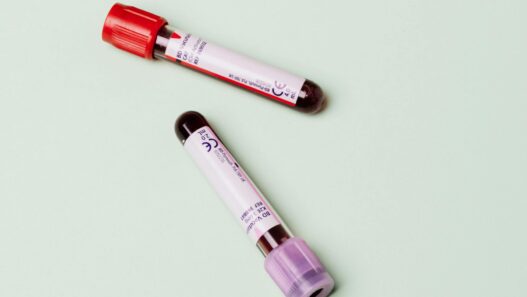You have probably arrived here after understanding what is collagen, how it is used and its potential benefits both short and long term for the skin, muscles and joints.
Now you want to double check that it will actually work for you.
It is important to mention at this point that testing of oral collagen supplements such as tablets and powder is still in its infancy – meaning that we are still actively learning. It also means wider testing needs to be done on much larger samples and populations.
That being said, recent studies on collagen supplements across benefits such as skin health, suggest positive results as seen below.
Whilst Study 1 highlights an improvement and / or maintenance of skin health by reducing lines, slackening or discoloration, Study 2 mentions oral intake of collagen peptide can improve skin hydration, elasticity, and reduce wrinkling.
Additionally Study 3 highlights how eating hydrolysed Type 1 collagen (which accounts for nearly 90% of the collagen in your body) can induce collagen production, increasing skin hydration and collagen density.
The results so far are promising especially for Type 1 collagen which is so common in the body and used in multiple ways, it is also possibly the collagen type one you would want to actively replenish. This can be due to your age or due to general wear and tear if you’re a sports person for example.
The above studies are a handful that demonstrate that, to a degree, your body is able to absorb and utilise any additional collagen.
However, there aren’t many studies testing collagen supplements focused on helping muscle building, improving bone density, and other possible benefits.
Whilst that is the case, initial studies do demonstrate significant increase in activity and an improved quality of life for participants who took supplementary collagen Type 2 for joint pain (link). As well as this, a study tracked the intake of hydrolysed collagen and its impact on bone density over a year, resulting in a positive increase of 3%.
This is also the same for muscle building (link), where tests have shown participants taking collagen peptides whilst resistance training at the same time, improved their body composition.
With this test concluding that supplementing collagen resulted in a significantly higher increase in muscle and strength.
To add to this, as collagen is a protein and proteins are the building blocks for muscle growth and recovery, we can come to the natural conclusion that collagen intake would most likely help.
Should I take collagen peptides?
Overall, whilst further studies do need to be carried out for us to increase our confidence in the benefits of collagen intake, the results of the 7 cited scientific studies in this article are very positive.
To summarise those studies highlight that collagen supplements are safe to consume regularly, and that there have been measurable improvements in skin health, joint care and muscle growth in a test environment.



















